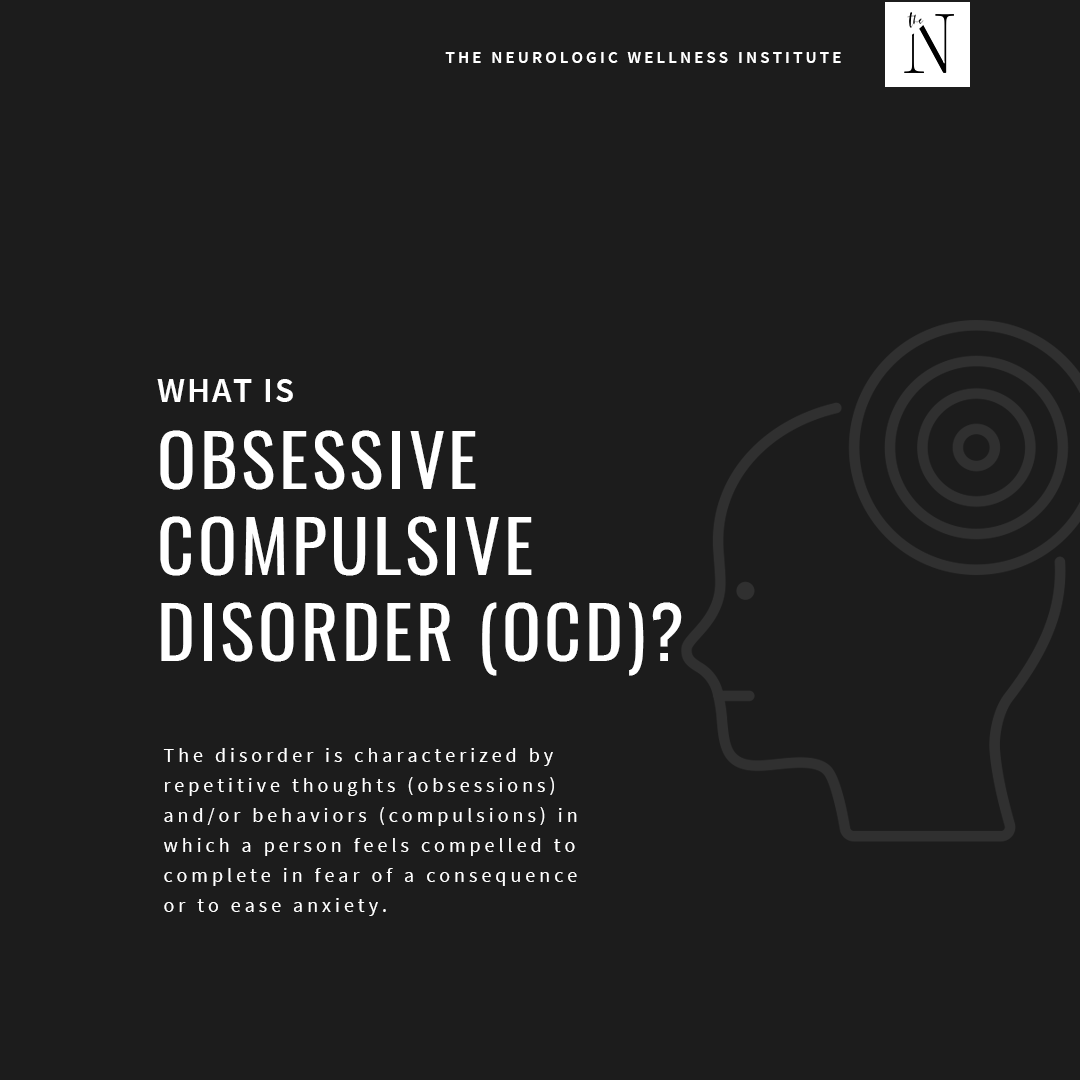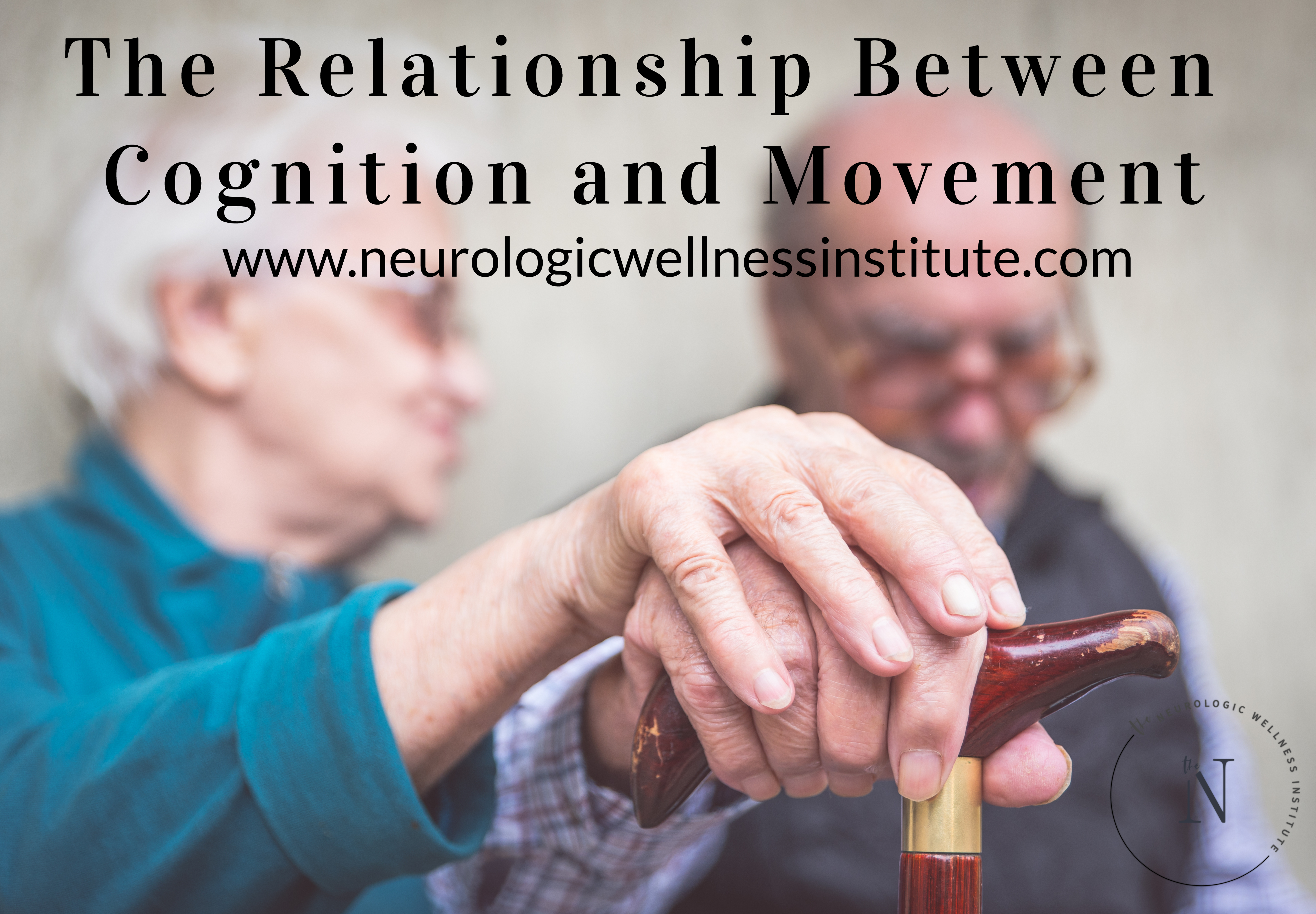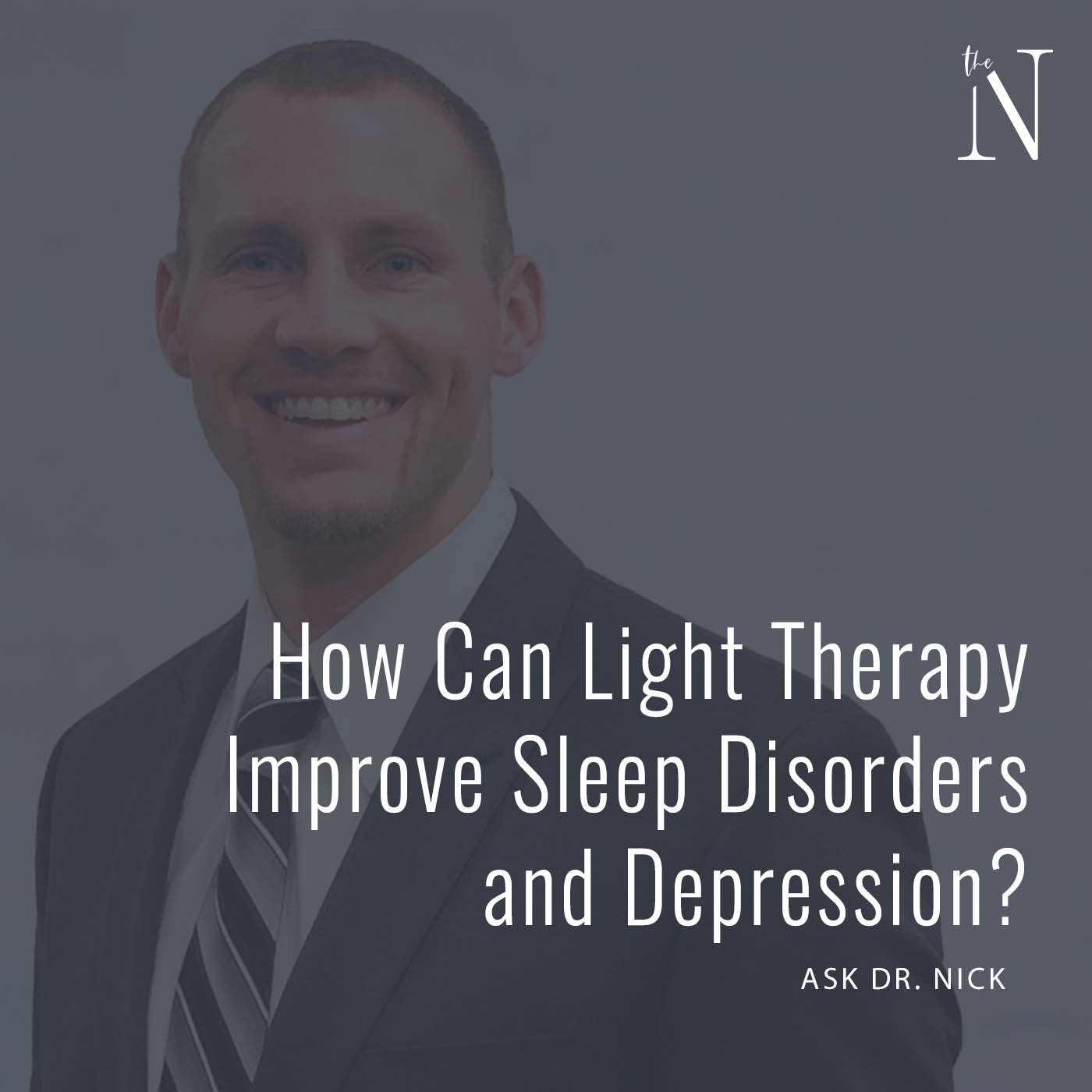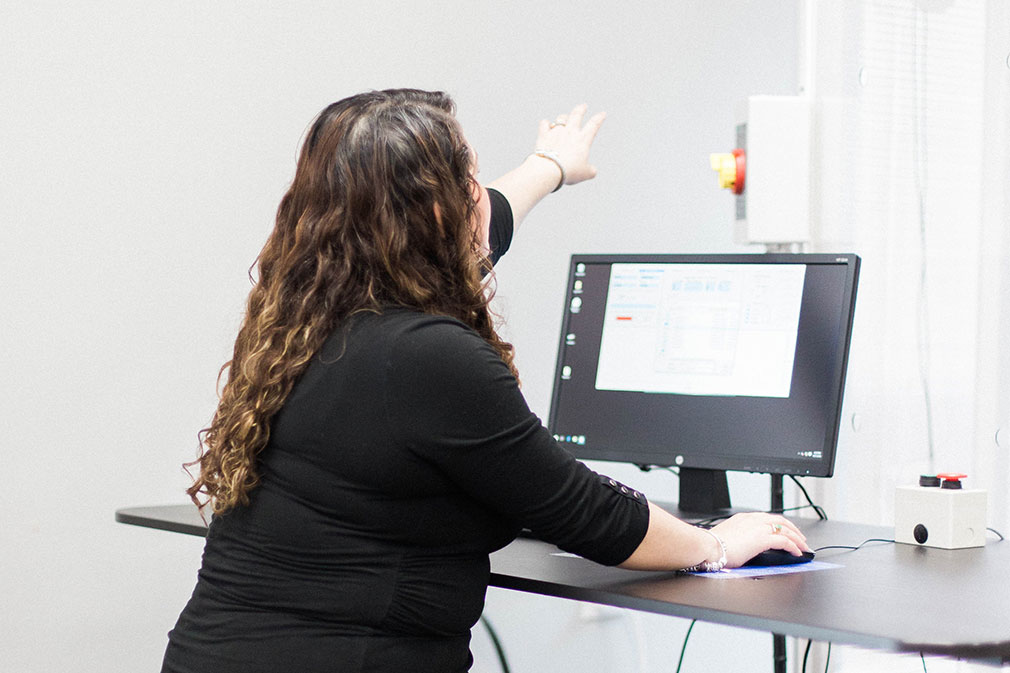What Is Obsessive Compulsive Disorder (OCD)?
Obsessive Compulsive Disorder (OCD) is a very common disorder affecting people of all ages. Most people experience symptoms early on and are usually diagnosed before the age of 19. However, it is not uncommon for individuals to be diagnosed later in life even after the age of 35. The disorder is characterized by repetitive thoughts (obsessions) and/or behaviors (compulsions) in which a person feels compelled to complete in fear of a consequence or to ease anxiety.
Obsessive thoughts tend to revolve around fears, unwanted thoughts, cleanliness, or order. Compulsions usually come in the form of excessive cleaning, counting, checking, and organization.
Everyone experiences these thoughts and behaviors from time to time, but when they take up more than 1 hour per day, causes anxiety if behaviors are not completed, or begin to interfere with work, school, social events, or sleep, it is a problem.
What Areas Of The Brain are Involved In OCD?
Obsessive Compulsive Disorder has been studied in depth for many years in search of the root cause. It appears that altering the subthalamic nucleus, a part of the basal ganglia system, significantly improves the symptoms of OCD. This implies that the basal ganglia along with associated areas are the target neurological structure to analyze for OCD treatment.
Let’s take a look at the areas of the brain associated with OCD:
As we’ve learned in previous posts, the basal ganglia is part of the limbic system that plays a role in responding to and regulating emotion. The basal ganglia often interacts with the frontal cortex when it comes to reward learning but does so through influencing cognitive patterns in the cortex just as it stimulates motor patterns in the brain and spinal cord. In other words, the basal ganglia helps in forming our thought patterns.
The caudate nucleus, a component of the basal ganglia involved in motor and behavior protocols.
The prefrontal cortex focuses on reward and storing memories of behavior sequence.
The anterior cingulate gyrus focuses on analyzing errors or discrepancies in processing of information. This is where some of the anxiety stems from as the brain and body do not like internal conflicts. It is also highly involved in decision making, so when internal conflicts occur decision making becomes more difficult, anxiety increases, and therefore negative emotion begins to fuel the emotional loop influencing OCD.
The thalamus are also part of the limbic system that tend to be hyperactive in individuals with OCD. It is the main relay station for incoming information. The job of the thalamus is to take in the information and disperse it appropriately to other areas of the brain.
The Emotional Loop
These areas respond to emotion. It is part of our emotional loop and if not functioning properly due to structural or functional abnormalities, the regulation of those emotions can become skewed. Emotional trauma, physical trauma, or infections may be contributing factors to this abnormal regulation of emotion.
The brain’s interpretation of emotional stimuli is what calms or amplifies this emotional loop. In OCD, anxiety from perceived emotion amplifies this limbic loop having a profound effect on the basal ganglia. This leads to alterations in neurochemicals such as dopamine and serotonin which further contributes to the obsessions and compulsions associated with OCD.
However, is this the cause of OCD? Some suggest that this hyperactivity is actually a means of trying to inhibit the anxiety and strong emotional component generally leading to the compulsions.
What Is The Standard Treatment For OCD?
The standard treatment for OCD is either medication or psychological therapy. However, a combination of both has shown to be beneficial for many individuals. However, in many individuals, the psychotherapy component proved to outweigh the benefits of the medication. Therapies such as Cognitive Behavior Therapy (CBT) and habit reversal training have provided the most significant results. The reason that these therapies are so effective is that they retrain the limbic loop to respond to outside emotion and stimuli more appropriately. With a more appropriate response, the basal ganglia along with other areas of the limbic system are no longer negatively impacted leading to symptoms of anxiety and OCD.
How Does Functional Neurology Address OCD?
Functional neurology also addresses OCD by calming that emotional limbic response. Retraining the motor patterns initiated by the basal ganglia, indirectly retrains the cognitive (thought) patterns that are also produced by the basal ganglia. Calming the “fight or flight” response by regulating the autonomic nervous system is also a target of functional neurology for OCD treatment. Calming the “fight or flight” response allows the body to free itself of anxiety and interpret outside information more accurately. Eliminating the triggers that fuel the emotional limbic loop and correcting abnormal thought patterns create neuroplasticity of optimal brain function.
References:
https://www.ncbi.nlm.nih.gov/pmc/articles/PMC3079445/pdf/nihms261267.pdf
https://www.nimh.nih.gov/health/topics/obsessive-compulsive-disorder-ocd/index.shtml
https://www.ncbi.nlm.nih.gov/pmc/articles/PMC3309476/pdf/tp20115a.pdf
https://www.ncbi.nlm.nih.gov/pmc/articles/PMC4476073/pdf/nihms106335.pdf






